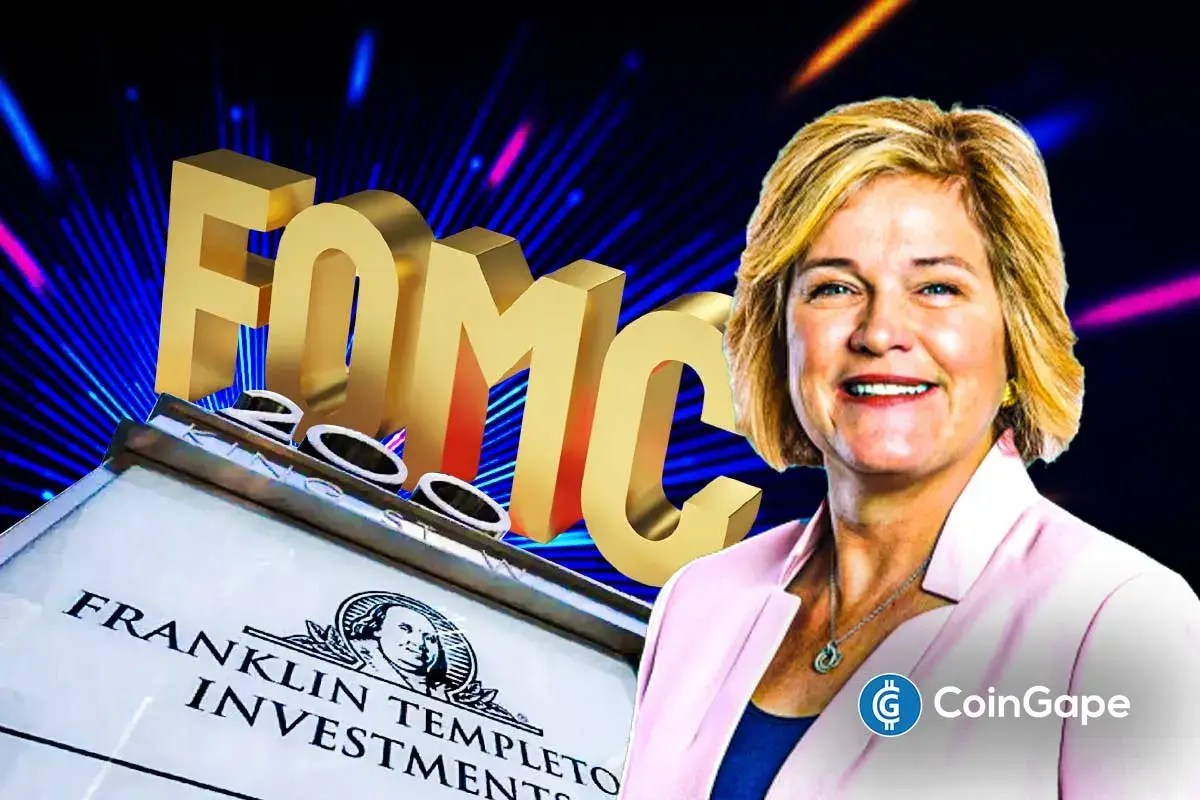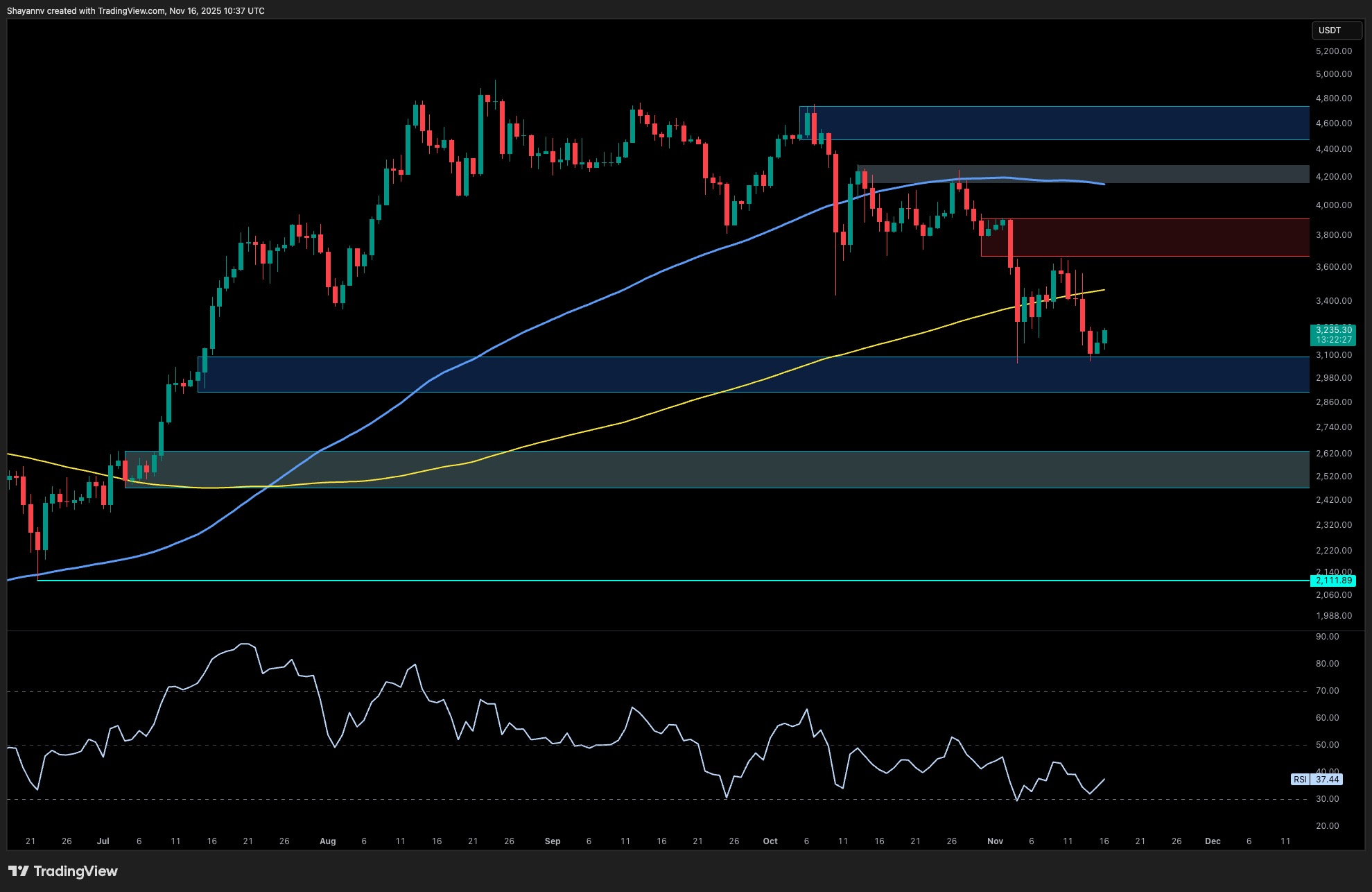Ex-Coinbase CTO Balaji Srinivasan says the legacy economy is fading
Balaji Srinivasan, an American entrepreneur and former chief technology officer of Coinbase, has pointed out that developed countries such as the U.S. have shifted their focus from traditional economies to an internet-first economy driven by technology and digital platforms.
His remarks came after he shared an X post stating that it is time to say goodbye to the legacy economy and start embracing the Internet economy.
Srinivasan also shared a chart highlighting the widening growth gap between the Magnificent Seven, a group of major tech firms whose stock gains far outpaced the strong performance of the S&P 500 over the past decade, especially in 2023 and 2024, and the rest of the S&P 500, which has shown little change since 2005. The S&P 500 is a major stock market index that tracks the 500 largest companies listed on U.S. exchanges by market value.
 Source: Balaji’s X post
Source: Balaji’s X post
Srinivasan highlights a shift from traditional economies to the internet sector
Srinivasan pointed out the 2008 financial crisis, stating that all transactions and communications have begun taking place online since its occurrence.
However, according to him, this is only the beginning of this journey. Based on his argument, the next phase will involve developing economies focusing on the internet, communities, cities, and even governments, concluding that the world is now concentrating on the Internet-First.
Meanwhile, the Magnificent Seven- Apple, Microsoft, Amazon, Alphabet, Meta Platforms, Nvidia, and Tesla, continue to dominate as the leading tech giants driving this transformation.
Commenting on Srinivasan’s remarks, analysts noted that the former Coinbase executive helped popularize the idea of Network States. From his perspective, these online communities could eventually evolve to rival or replace traditional nation-states.
According to him, such entities will depend on internet-based money, like cryptocurrencies, to function effectively, a transformation he likens to the Industrial Revolution, when society moved from farming to manufacturing.
Despite the promising developments surrounding this significant milestone, analysts have revealed obstacles hindering this success. According to their analysis, the financial system that is currently operating and government agencies usually take their time to adopt new technologies, slowing down innovation.
Considering the benefits of the internet sector in the economy, U.S. regulators and lawmakers have joined forces to support and encourage the research, development, and use of AI and blockchain technology to update the current financial system. This has sparked hope for more innovation in the economy.
US regulators provide a solution for every product in the country’s market
In September, the U.S. Securities and Exchange Commission (SEC) and the Commodity Futures Trading Commission (CFTC) released a joint statement signalling a shift towards 24/7 capital markets. This change aims to connect the traditional financial system with the crypto sector, which carries out daily operations.
According to the regulators, a trading environment that is available 24/7 for various types of assets is essential to establish on-chain finance.
They also pointed out that it is important to set up clear regulations for event contracts and perpetual futures, which enable investors to speculate on the future of an asset’s price without an expiration date.
However, the two agencies highlighted that by extending trading hours, U.S. markets can better relate to the reality that the global economy operates around the clock. They further explained that some types of assets may adopt this change more perfectly than others; hence, there will be one solution for every product.
Apart from this, the U.S. government has collaborated with oracle providers Pyth Network and Chainlink to share economic data on the blockchain to improve clarity and accountability regarding budgeting for the public.
Don’t just read crypto news. Understand it. Subscribe to our newsletter. It's free.
You May Also Like

Zero Knowledge Proof Draws Analyst Attention as Pi Declines and Ethereum Dips

Franklin Templeton CEO Dismisses 50bps Rate Cut Ahead FOMC

